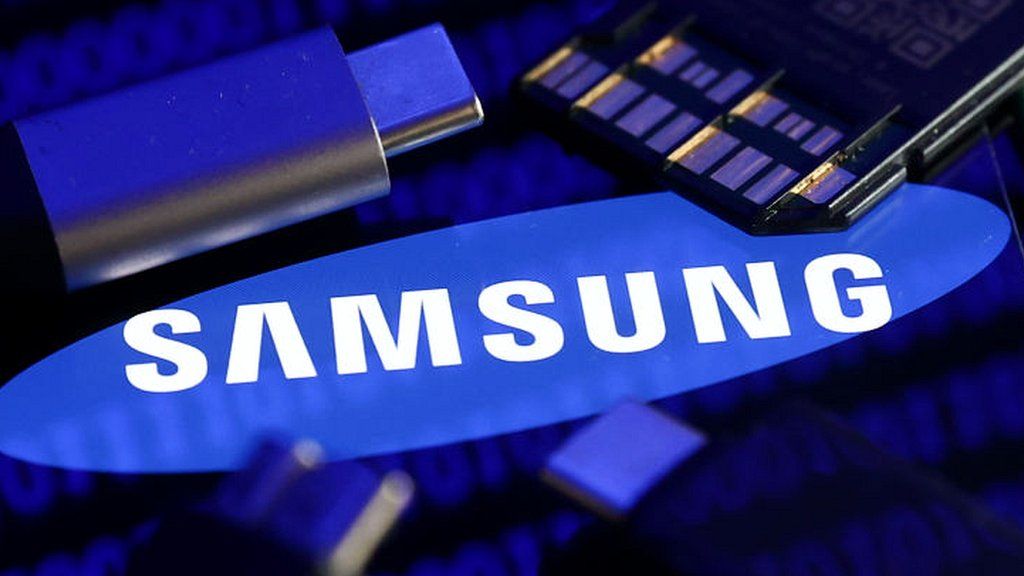Samsung Electronics, the world’s largest memory-chip and smartphone maker, reported a dismal second-quarter profit recently, as the global chip shortage and weak smartphone demand weighed on its performance.
The company posted an operating profit of 14 billion won ($11.7 million), down 99% from 14 trillion won ($11.7 billion) a year earlier, missing analysts’ expectations of 14.45 trillion won ($12.1 billion). Revenue for the quarter fell 81% to 14.7 trillion won ($12.3 billion), also below market estimates of 77 trillion won ($64.5 billion).

The chip business, which accounts for more than half of Samsung’s revenue and profit, saw its earnings plunge 98% year-on-year to 300 billion won ($251 million), as prices of DRAM and NAND flash chips dropped sharply due to oversupply and weak demand from smartphone makers.
Samsung said it faced “severe supply and demand imbalance” in the chip market, as the pandemic-induced surge in demand for servers and PCs last year led to a shortage of chips for other devices this year. The company also faced production disruptions at its Austin, Texas plant due to a winter storm in February, which further reduced its chip output.
The smartphone business, which competes with Apple and Chinese rivals, also suffered a 97% drop in operating profit to 300 billion won ($251 million), as sales of its flagship Galaxy S21 series fell short of expectations amid rising competition and inflation. Samsung said it sold 59 million smartphones in the quarter, down 18% from a year ago.
Samsung said it faced “weak seasonality” and “increased cost pressure” in the smartphone market, as consumers became more cautious about spending amid the pandemic and rising prices of raw materials and logistics. The company also faced challenges from the global chip shortage, which affected not only its own devices but also its component sales to other smartphone makers.

The only bright spot for Samsung was its display business, which posted a record operating profit of 13.4 trillion won ($11.2 billion), up 1,340% from a year ago, thanks to strong demand for OLED panels from major customers such as Apple and Chinese smartphone makers. Samsung said it benefited from “improved product mix” and “increased utilization” of its OLED production lines.
Samsung said it expects the chip market to recover gradually in the second half of the year, as supply conditions improve and demand from server customers remains solid. However, it warned that uncertainties remain due to the pandemic and geopolitical issues, and that it will continue to manage its inventory cautiously.
The company also said it expects the smartphone market to rebound in the second half, as it plans to launch new models such as the Galaxy Z Fold3 and Galaxy Z Flip3 foldable phones and the Galaxy Note21 series. However, it cautioned that cost pressure and component shortages will persist, and that it will focus on enhancing its premium leadership and product differentiation.
Samsung also announced that it will pay an interim dividend of 354 won ($0.30) per share for the second quarter, unchanged from a year ago.
Share to your social below!

Thanks for sharing. I read many of your blog posts, cool, your blog is very good.